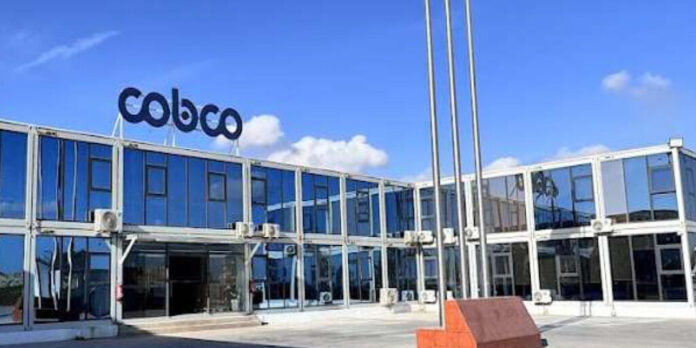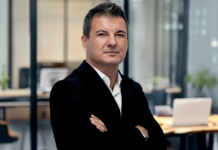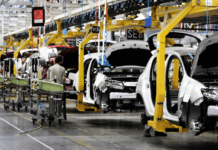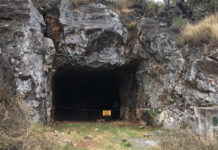The COBCO industrial complex in Morocco has reached a major milestone with the launch of its initial investment phase, focused on producing cathode precursors made from nickel, manganese, and cobalt—key components in electric vehicle batteries and stationary energy storage systems. This development marks a strategic shift in Morocco’s clean tech ambitions, laying the groundwork for a homegrown battery industry.
Born from a partnership between pan-African investment group AL MADA and China’s CNGR Advanced Materials—a global leader in this field—COBCO is aiming to turn Morocco into a competitive, integrated, and sustainable industrial hub, catering to European, North American, and Middle Eastern markets. Spanning more than 200 hectares, the site is part of a broader industrial vision built around three complementary projects, with a total annual output capacity equivalent to 70 GWh. That’s enough battery material to power nearly one million electric vehicles each year.
The facility will house production units capable of delivering 120,000 tons of NMC precursors and 60,000 tons of LFP cathodes annually. LFP production will begin once the regional lithium iron phosphate battery ecosystem is fully in place. Future plans include critical metal refining and black mass recycling operations, with a processing capacity of 60,000 tons per year. The overarching goal is clear: maximize local integration while adopting a circular economy model that minimizes waste and promotes resource efficiency.
Beyond its industrial footprint, the project aims to build an entire ecosystem around battery technology in Morocco. Over 5,000 jobs are expected during the construction phase alone, and once operational, the facility will create 1,800 direct skilled jobs along with a similar number of indirect positions, boosting the national economy. Special emphasis is being placed on workforce training, technology transfer, and cultivating Moroccan expertise in battery-related fields. This includes partnerships with local universities and tech firms to foster long-term knowledge and skills development.
The speed at which the plant was completed—less than a year—has been hailed by COBCO’s board as proof of Morocco’s ability to host and structure high-tech industrial sectors. The country is leveraging multiple strategic advantages: access to competitively priced renewable energy, a prime geographical location, a vast network of free trade agreements, and abundant mineral resources.
In a global environment where supply chains are shifting closer to home and environmental regulations are tightening, COBCO is emerging as a credible and future-ready player. Its model is built around competitiveness, carbon reduction, and proximity to major markets.
From day one, the project has been designed with sustainability at its core. Environmentally responsible processes, a gradual transition to green electricity—targeting 80% by 2025 and full conversion by 2026—desalination, industrial recycling, and ESG certification strategies are all part of the plan. COBCO is also preparing to join the Carbon Disclosure Project and align with Science Based Targets initiatives, while meeting rigorous ISO international standards.





